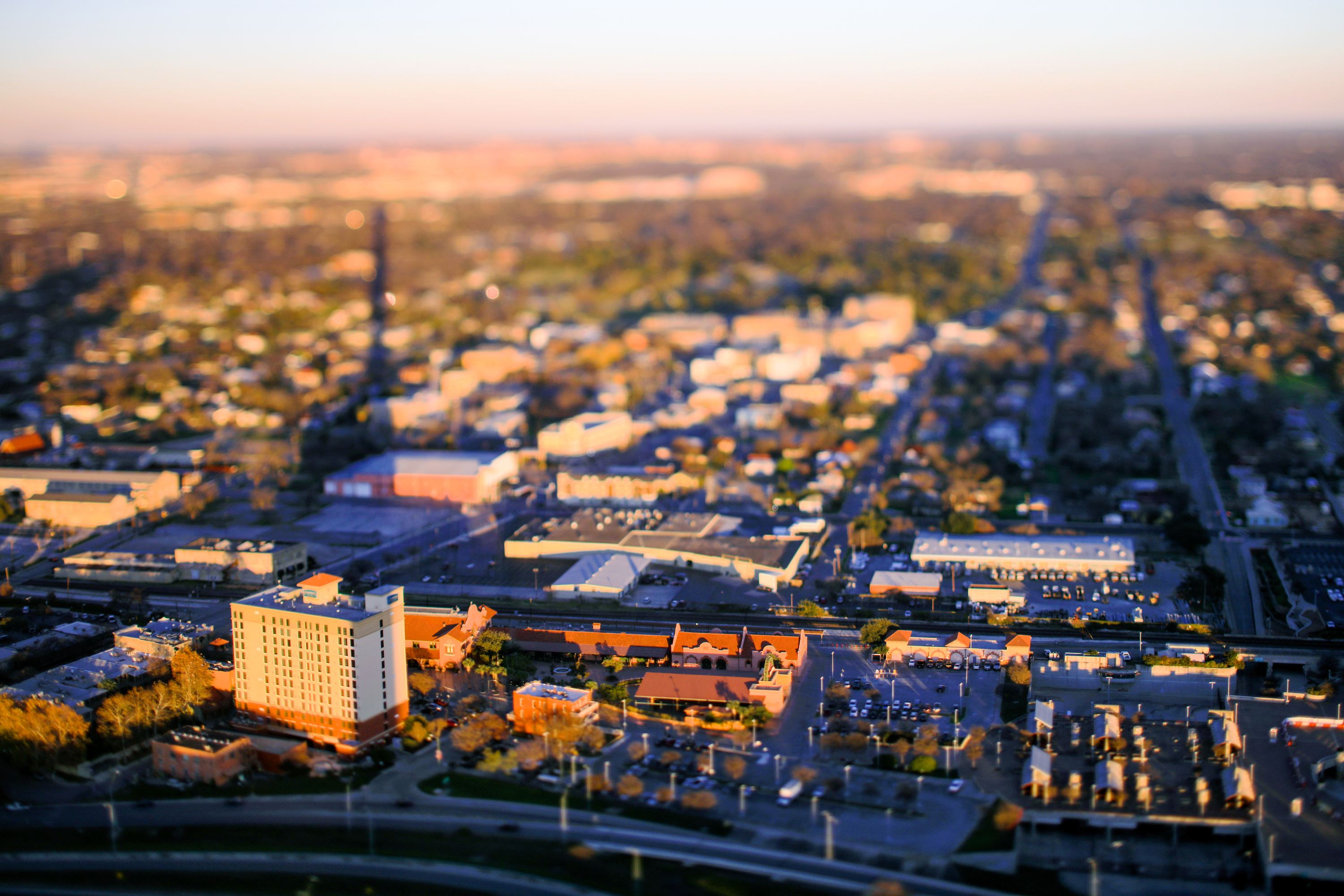In the third decade of the 21st century, China's urbanization process has entered a stage of steady development, while more and more migrants have started to live in large and medium-sized cities. How to attract more Christians from other parts of the country to the local church and how to make them commit themselves to becoming faithful believers with the help of more heart-warming follow-up pastoral care have increasingly become a practical problem that many urban pastors need to face.
"It's hard to make migrant believers stay," a pastor in a southern city of China told the Gospel Times, an online Christian newspaper in China. He talked about his church's sense of powerlessness in the face of making believers from other cities stay.
"We think of many ways to sit down and talk with these newcomers, but they always leave in a hurry." However, located in R City in southern China, the church has not only overcome the barriers of customs and dialects and skillfully solved the problem of foreign believers merging into the local church but also become the spiritual "second hometown" of many Christians. At the same time, it is constantly attracting more and more visitors to join the church.
The Gospel Times recently interviewed local pastors about their experiences with the care of migrant believers. Since the 1980s, R City, a coastal city, has experienced rapid urbanization, and newcomers, many of them Christians, have flocked to the city to find work and establish families.
"We provide all that is needed for these migrant believers," said Pastor H, who is in charge of the local CC&TSPM. In the urban churches of R City, in addition to pastoral care, migrant believers can also get all kinds of support from the church, such as funds, manpower, and sites. "For those who do not have a gathering site, our church helps them establish one. For those who are unable to find a meeting place, our church will provide one. For those who have no pastor, our church would dispatch pastors for them. If their offering is not enough, we will provide them with offerings."
In addition to providing support for non-native believers with tangible resources, the local churches invite non-native believers into their church committees and provide them with a channel to express their needs.
"In our urban churches here, we reserve one or two positions for migrant members at each church board election, giving them the opportunity to participate in the decision-making of the church," said another pastor who serves at the local CC&TSPM.
In his view, one of the reasons why it is often difficult for migrant believers to take root in churches in other cities is that churches ignore their needs. "If the church can give them a channel to express their needs and be truly attuned to their feelings through pastoral care, they will naturally regard the church as their home."
In addition, the church particularly values experienced members among the migrant believers. Believers who have served in the churches of their hometowns are encouraged to serve as core members of the local churches.
The church also embraces more laity with the attitude of "going out" by starting with pastoral and visitation ministry systems. The pastors at the local CC&TSPM said that in the local urban areas, any church with a certain scale of migrant believers will inevitably set up a special church committee for them, which is specially responsible for ministry, visiting, management, cultivation, and other aspects. A pastor said, "If you just hire a volunteer as a part-time worker, it will be difficult for him or her to be enthusiastic and faithful in caring for the migrant believers."
In terms of specific appointments, local churches give preference to fellow pastors who have the gift of preaching. "Preachers who often appear in the pulpit are more likely to be trusted and recognized by migrant believers than the laity."
In this church, the community of non-native believers has its own team of fellow workers and even chooses several young members to advance in seminaries.
"Migrant believers can be roughly divided into three kinds: those who settle down with their families, those who work here for a long time, and those who are temporary migrants." The pastor added that for the first two groups, local churches can continue to build and strengthen their sense of commitment and closeness with the help of their existing ministry, while for migrant workers with strong mobility and weak connections with the church, more extensive and detailed visits should be made to care for them.
- Translated by Nicolas Cao












